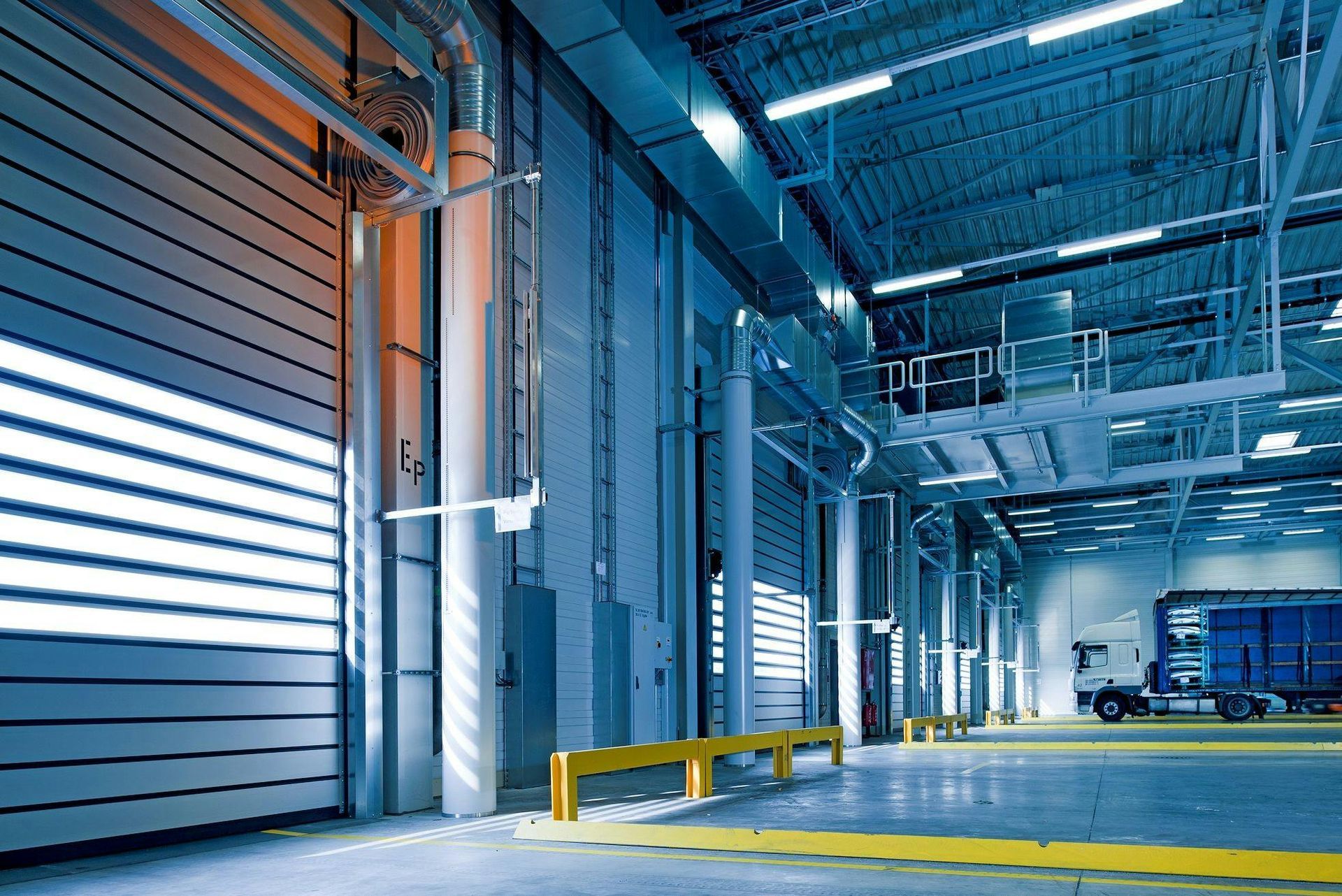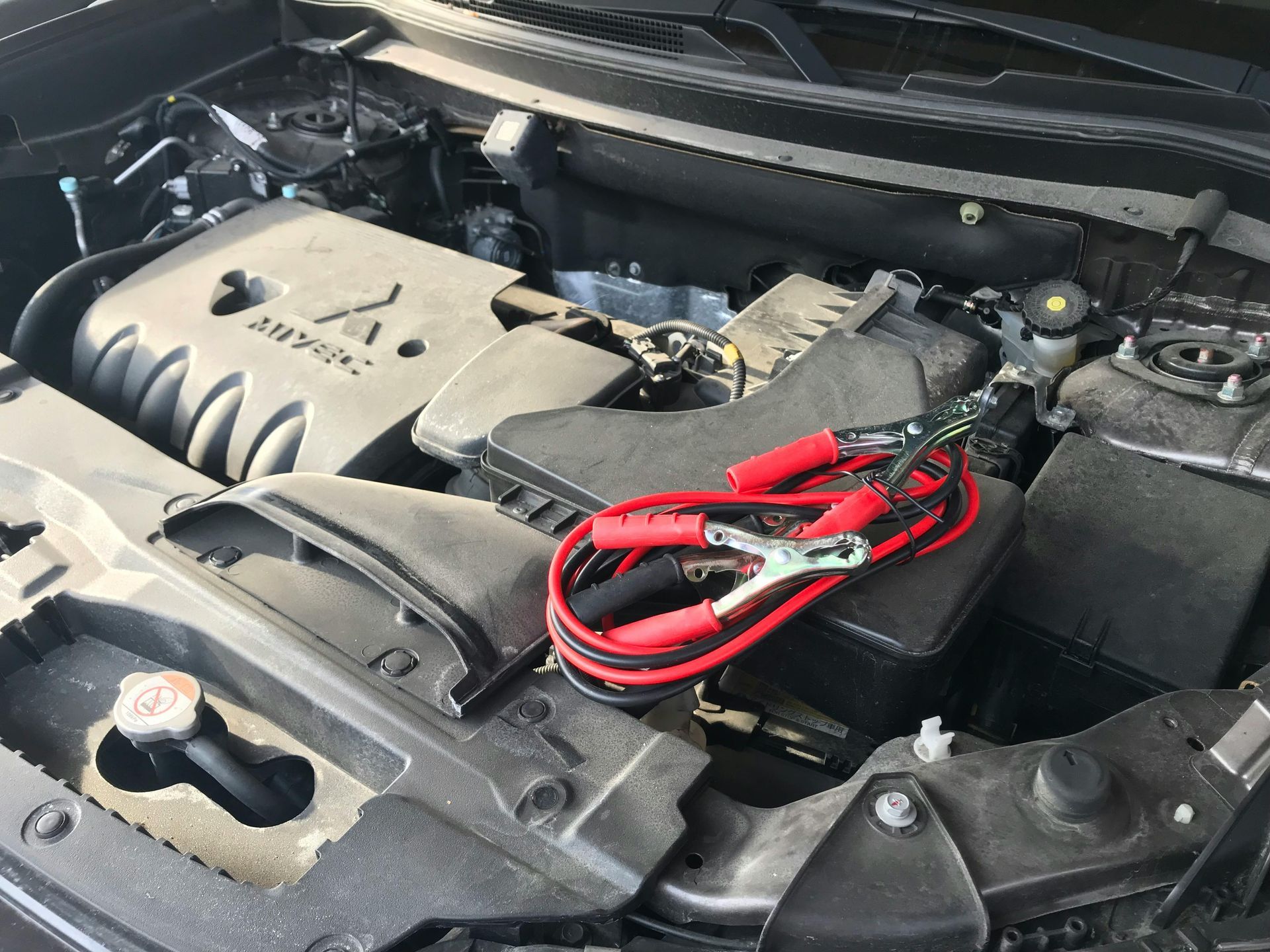ALLEN DRIVE OPEN STORAGE
Prevent Rust and Corrosion in Long-Term Vehicle Storage
So you’re planning to put your car into hibernation — maybe for the winter, a military deployment, or a good old-fashioned cross-country adventure without it. No matter the reason, storing a vehicle for the long haul means more than just tossing a tarp over it and walking away.
Neglecting long-term care can lead to one of the nastiest enemies your car will ever face: rust. That reddish-brown invader doesn’t just ruin your paint job — it eats away at your car’s structure, making it unsafe and unsightly. Add a little corrosion in the mix and you’ve got a whole different kind of car trouble.
If you’ve been searching
“vehicle storage parking near me” or exploring professional
car storage services, you’re already on the right track. Now let’s dig into everything you need to know to protect your car from rust and corrosion during long-term
automobile storage.

1. What Causes Rust and Corrosion in Stored Vehicles?
Rust and corrosion are not just unfortunate side effects — they’re chemical reactions waiting to happen, especially when a car is left unused for weeks or months.
Rust = Iron + Oxygen + Moisture. That's it. Leave a vehicle in a humid, damp, or poorly ventilated area, and boom — your car starts to oxidize.
Corrosion = Metal Damage from Acids or Salts. Think salty roads, ocean air, or even bird droppings left to marinate.
Main triggers for rust and corrosion in storage:
- Humidity and moisture buildup in the air or on surfaces
- Salt residue left on undercarriages from roads or ocean air
- Poor ventilation in the storage area
- Neglecting basic maintenance like fluid top-offs or washing
You wouldn’t put a sandwich in a warm, moist box and expect it to stay fresh for a month. Your car isn’t much different.
2. Prep Work Before Storage: Your Rust Prevention Starter Pack
Before tucking your vehicle in for the season, you’ll want to give it the automotive equivalent of a bubble bath, moisturizer, and a comfy robe.
Pre-storage checklist to prevent rust and corrosion:
- Wash and Wax Thoroughly
- Removes salt, dirt, and grime
- Wax acts as a protective layer for the paint
- Detail the Undercarriage
- Use a pressure washer or get it professionally cleaned
- Consider applying a rust inhibitor spray
- Change the Oil and Fluids
- Old, dirty oil can contain contaminants that promote rust
- Top off antifreeze and brake fluid to protect internal parts
- Fill Up the Tank (and Add Fuel Stabilizer)
- Prevents condensation from forming in the fuel system
- Keeps gas from breaking down and gumming up the works
- Dry Everything Completely
- Water left behind is the #1 cause of rust
- Let the car air dry or towel it down completely
- Check for Leaks
- Coolant, brake fluid, or oil leaks can corrode nearby metal over time
Pretend you’re prepping your car for a spa day — just swap the cucumber slices for a fresh oil filter.
3. Choosing the Right Automobile Storage: What to Look For
Whether you’re tucking your car away for a month or a year, where you store it matters. Searching “vehicle storage parking near me” is a good start, but how do you know what’s best for your ride?
Types of automobile storage options:
- Indoor Enclosed Storage
- Best protection from weather and humidity
- Ideal for classic or high-value cars
- Covered Outdoor Storage
- Offers roof protection from sun and rain
- Good for short-to-medium-term storage
- Uncovered Outdoor Storage (open lot)
- Most affordable option
- Works well with added protection like car covers
Key features to consider:
- Security: Fencing, surveillance, and gated access
- Ventilation: Helps reduce condensation buildup
- Surface: Avoid grassy or dirt lots that hold moisture
- Drainage: A location with good runoff keeps your car from sitting in puddles
Think of storage like real estate — location, protection, and ventilation matter. The right facility will protect your car like it’s their own.
4. Storage Accessories That Help Stop Rust in Its Tracks
There’s gear out there specifically designed to help keep moisture and corrosion at bay during long-term storage. Think of it as your car’s personal armor.
Must-have car storage accessories:
- Car Covers
- Use breathable, waterproof materials to prevent moisture trapping
- Avoid plastic tarps — they can trap condensation
- Tire Mats or Blocks
- Protect tires from flat spots and avoid rubber breakdown on concrete
- Moisture Absorbers
- Products like DampRid or silica gel packs keep air inside your vehicle dry
- Battery Maintainers
- Keeps battery charged without overcharging
- Prevents corrosion around terminals
- Rodent Deterrents
- Chewed wires and nests can lead to big headaches
- Use traps, peppermint oil, or electronic repellents
You wouldn’t pack a suitcase without your socks and toothbrush — don’t park your car without the right protective gear.
5. Long-Term Tips: Maintaining a Stored Car from a Distance
Just because your car is in storage doesn’t mean it’s on vacation. Periodic check-ins are still important, even if you can’t make weekly visits.
Maintenance tips for vehicles in long-term storage:
- Start the Engine (or Have Someone Start It)
- Once every 2–4 weeks keeps fluids moving
- Helps prevent seals from drying out
- Inspect for Leaks or Moisture
- Spotting issues early prevents major damage later
- Check Tire Pressure
- Cold temperatures and sitting still = air loss
- Inflate to the recommended PSI before storage
- Keep Rodents Out
- Peek under the hood or around wheel wells
- Look for nesting materials or chewed wires
If you’re using professional car storage services, ask if they offer scheduled checks or maintenance options. Some do — and it’s totally worth it.
Reliable, Secure Vehicle Storage in Conroe, TX
Store Your Car with Confidence at Allen Drive Open Storage
Looking for dependable and affordable vehicle storage that won’t leave your car out in the elements? At Allen Drive Open Storage, we offer spacious, secure options to protect your car, motorcycle, trailer, truck, or tractor during long-term or seasonal storage. Our facility is designed to help prevent rust, corrosion, and weather-related wear while giving you peace of mind.
Located in
Conroe, TX, we proudly serve customers throughout the surrounding areas with accessible, secure storage solutions and friendly service. Whether you’re storing a daily driver, a weekend warrior, or something with a little more horsepower, give us a call at
(936) 290-4061. We’ll help you store it right the first time — and we’ll make sure it’s ready to roll when you are.
FAQs
Is indoor storage always better for rust prevention?
Indoor storage offers the most protection from moisture and temperature fluctuations, which are major rust triggers. However, outdoor storage with proper prep and a breathable car cover can also be effective.
How long can a car safely sit in storage without starting?
Ideally, it should be started every 2 to 4 weeks. If that’s not possible, use a battery maintainer and ensure all fluids are topped off before storing.
Can I store my car with a half-full gas tank?
It’s best to store it with a full tank and a fuel stabilizer. This prevents condensation in the fuel system and keeps the gas from breaking down.
Do I need to disconnect the battery during long-term storage?
You can either disconnect it or use a battery maintainer. Disconnecting prevents drain, while maintainers keep the battery healthy and ready for action.
What kind of cover is best for long-term outdoor storage?
Use a high-quality, breathable, waterproof cover specifically designed for your vehicle’s size. Avoid tarps, as they trap moisture and can scratch paint.










